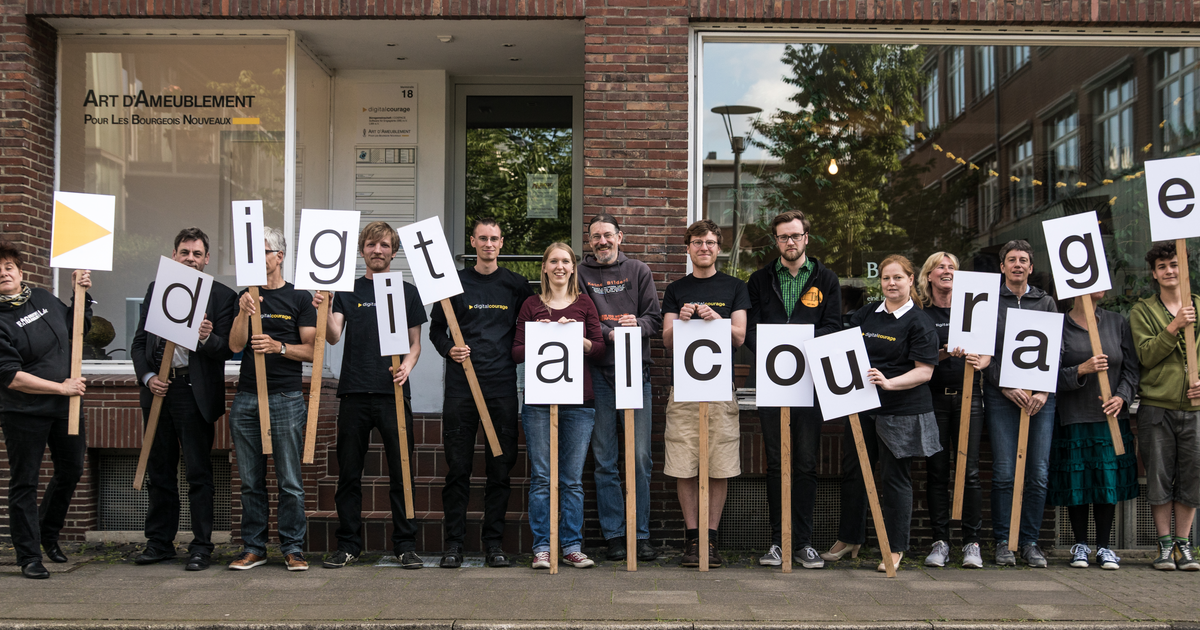"I'm sorry, Professor, but unfortunately you haven't met your monthly KPIs for three months, and the rejection from NeurIPS was the deciding factor. Our Corporate UNattaching Teams will be in touch soon with next steps."
She sighed, more resignation than shame.
---
It started before the decimation of science in '25. Academic publishing had corporatised long before that; journals were a cash cow built on free labour - from writers and editors.
When the Institutes lost funding in '25, universities were forced to rely on their endowments. The Ivy Leagues survived a few years - but by the early 30s, when Trump was in his third term, they too were broke.
And the Journal-AI Conglomerates stepped in.
Wiley-Taylor-Francis-Anthropic, Elsevier-Springer-Gemini, SAGE-OpenAI.
The journals had each merged with key generative AI companies in the late 20s. The prevalence of AI slop and the Token Crisis meant that there no more human-created tokens to feed the LLMs ... except those in paywalled journals.
The AI companies got their tokens, and the journals got their token lucre. It was a match made in hell.
This was all by design, of course.
---
"So, tell me how your new h-index v2 works, and how my h-index v2 means that I don't meet my KPIs?"
"Ah, Professor, we've changed our ranking algorithm, and it no longer weights the h-index v2 as heavily. It's much more focused on how many words are written and published."
"So you can harvest them for tokens?"
Her interlocuter cleared his throat. She wasn't sure it was a "he" specifically - the voice AIs were now indistinguishable from humans, but she suspected he was a fallible meat sack.
---
Each of the Journal-AI conglomerates started to buy up universities - like the health insurers had done in the 2010s and 2020s - forcing up the price of degrees and adding barriers to academic publishing.
They'd brought pressure to bear on the US government - it had been easier than they thought - to ban Open Access - casting it as a tariff on US-grown research.
Then they simply enshittified.
Academics were given publishing KPIs - essentially told to create research as a front for generating human tokens, to be fed into ever-larger LLMs.
Great research was no longer the point - tokens were.
---
1/2
















